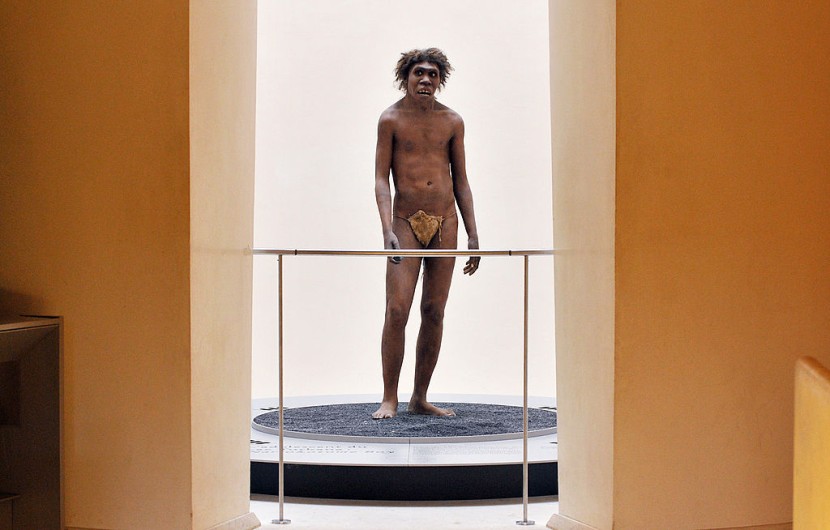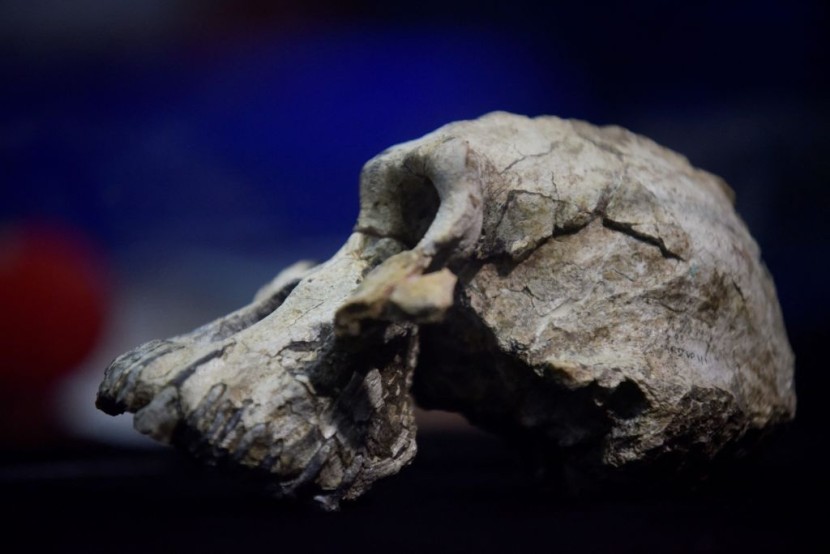A new Chinese study revealed a shocking event in human history.
Involved scientists were surprised to find out that the feared human extinction almost happened around one million years ago.
Human Extinction Almost Happened, Claims New Study

According to The South China Morning Post, humans almost went extinct between 930,000 and 813,000 years ago.
Pan Yi-Hsuan, an evolutionary and functional genomics scientist, and her Shanghai team were surprised to discover that early humans experienced a bottleneck event.
They said that only around 1,300 humans at reproductive ages have been left on Earth.
This population is very low and could have led to human extinction. At first, Pan and her colleagues were in disbelief, especially since humans are now on top of the food chain.
Because of this, they decided to repeat numerous tests to check if the figures they acquired were credible. Throughout their study, they accumulated evidence that convinced them that the results could be true.
This newly discovered human bottleneck event is a big deal for scientists since it can help them understand human evolution further.
"The size of populations is a crucial parameter for our understanding of human evolution," said China's BGI Research Institute Deputy Director Dr. Jin Xin, who was not involved in the study.
"It directly impacts the diversity of the human genetic heritage and the history of evolutionary migrations," he added.
Read Also : Alive After 46,000 Years: Worms Frozen by Siberian Permafrost Revived by International Team of Scientists
What Caused the Human Bottleneck Event

Scientists explained that a bottleneck event is a common evolutionary phenomenon. It is believed that natural disasters, diseases, and climate change are the main causes of bottleneck events.
The new Chinese study didn't confirm the exact reasons why the newly identified human bottleneck happened.
But, the popular decline appears to coincide with significant global climate changes that turned glaciations into long-term events, as reported by The Guardian.
Involved Chinese scientists also stated that the human bottleneck happened when there was a long-period drought and sea surface temperature decrease in Eurasia and Africa.
Prof. Giorgio Manzi of Sapienza University of Rome, a study's senior author, said that humans were lucky enough to survive the bottleneck event.
If you want to learn more about the new Chinese study, you can check it via the Science Journal.
© 2025 HNGN, All rights reserved. Do not reproduce without permission.








